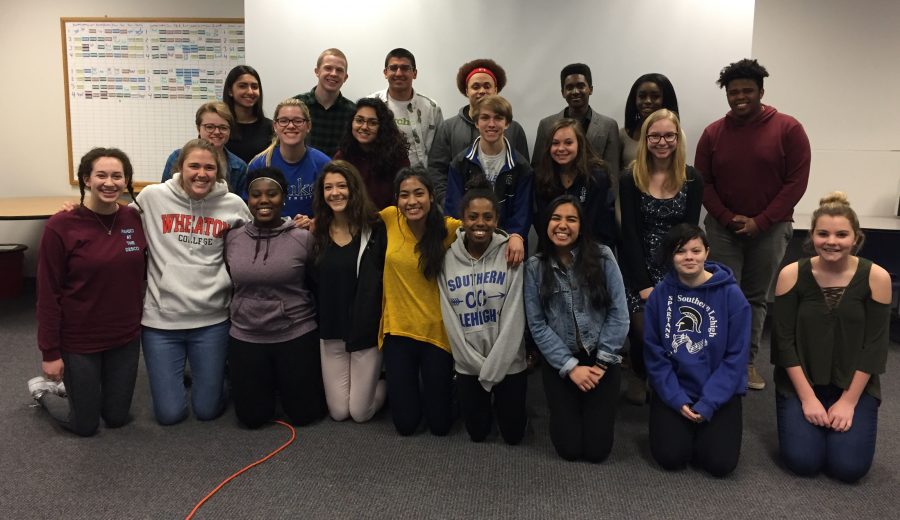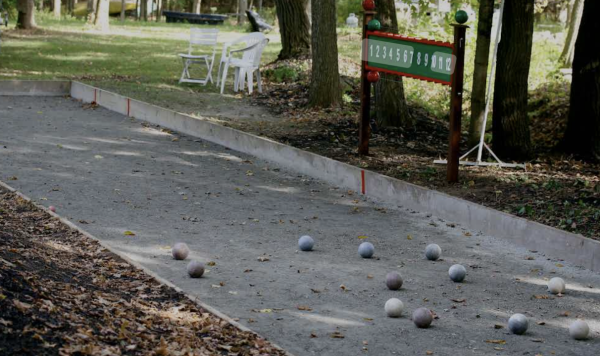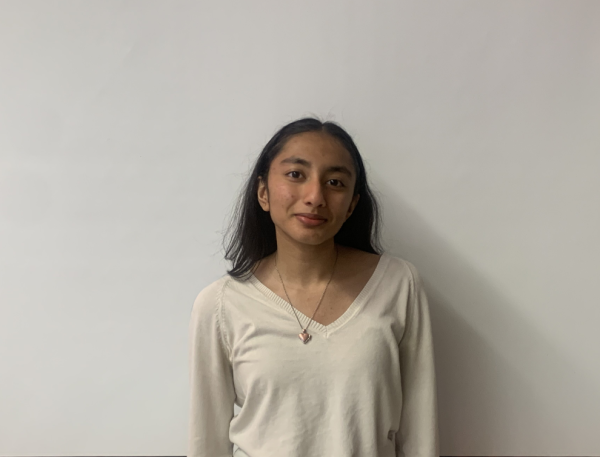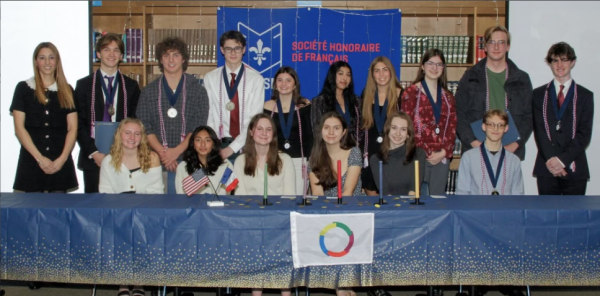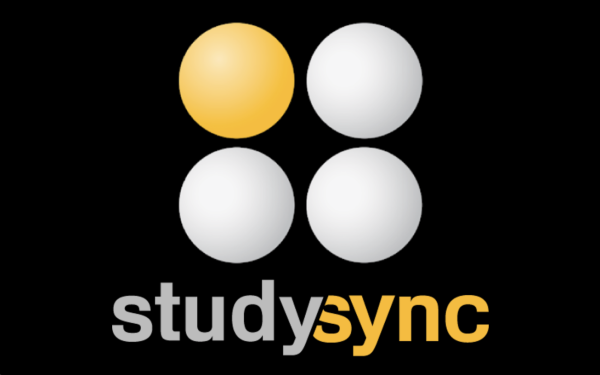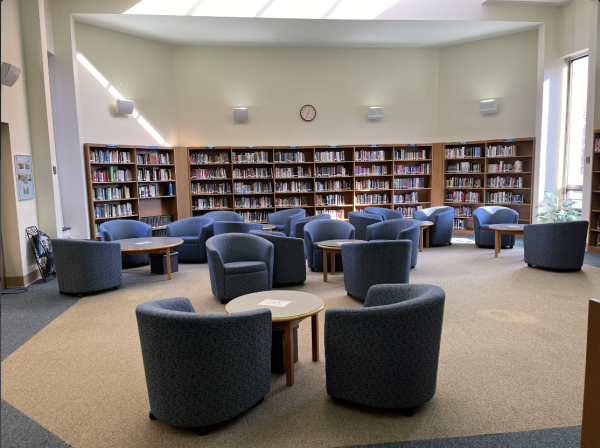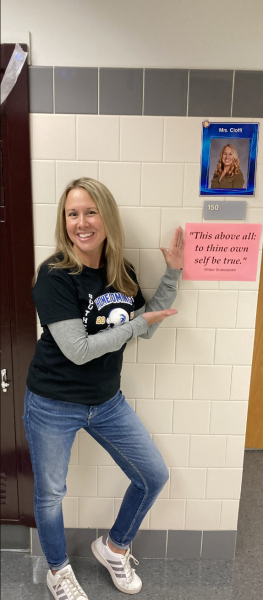Southern Lehigh High School Initiates Policies and Procedures to Address Intolerance and Acceptance in the District
Representatives from the SPIRIT program meet regularly with the high school administration to brainstorm ideas to improve climate and tolerance at Southern Lehigh.
Towards the beginning of the school year, the Southern Lehigh administration informed the community that they would take steps to increase acceptance and awareness of diversity in the district due to instances of racist and homophobic hate speech and intolerance at the high school. Though the immediate buzz among students and the media has worn off, the Southern Lehigh community has strengthened its resolve to tackle prejudice. Over the past few months, students, staff, the administrative team, and the community have worked to implement new initiatives to increase acceptance within the schools.
“My philosophy from day one is [hate language and intolerance] thrives in the darkness, and if we shine a bright light, we can dispel it,” superintendent Mrs. Kathleen Evison said at an equity and diversity panel. “We are going to celebrate the great things [at our school], and when we see concerns we will address it. There is no room to hide and hope it goes away.”
When students returned to school in 2017, the district began to implement a three-tiered approach to making the district more appreciative of diversity, kicking the initiative off with the formation of an equity and diversity community panel on January 17.
“When I first arrived in the district, I had had some conversations with the principals and the administration, and we had all identified that [increasing acceptance] needed to be an area of focus,” Mrs. Evison said. “We then had a news article that highlighted the fact that [we were correct in thinking we needed to do so.] But it was really something that we had already discussed.”
Consisting of leaders from both Southern Lehigh and outside the district, the panel was led by Mrs. Evison, as well as the assistant to the superintendent, Ms. Kristen Lewis. Representing the two secondary schools were high school principal Mrs. Christine Siegfried and middle school principal Dr. Edward Donahue.
The panel also included two consultants from outside the district who were brought in to assist with the new programs: Ms. Michelle Nutter, the Safe and Supportive Schools Program Manager at the Center for Safe Schools, and Ms. Suzanne Buchanan, a conciliation specialist in the Community Relations Service Agency of the U.S. Department of Justice.
During the panel, Mrs. Evison introduced the three initiatives that the district would be implementing: teacher training, the SPIRIT Program, and four diversity, equity, and inclusion committees.
Teacher Training
The teacher training program is currently being lead by Ms. Nutter and the Center for Safe schools. It involves three training sessions, each tackling a different issue, the first two of which were held in January and February. The first session dealt with helping teachers handle racially charged situations. They gave teachers several different approaches to addressing the issue, and they aimed to make the teachers more comfortable in handling the situation, should one arise. The second session covered the history of hate groups and the presence of such groups today. Another session will focus on bullying, and defining where bullying crosses over to hate speech.
“I don’t know if everyone would agree with me, but I think the tendency when you go through these issues is not to address it at all because that’s the safest. I feel like I want to engage in these conversations more,” English teacher Mr. Joseph Castagna said. “I think not talking about these issues is what brought us to the situation that we were in, because there are things that existed in our culture that went undiscussed for years, and that kind of gave those situations more power. I have more of a confidence to engage in these conversations.”
Student Programs and the SPIRIT Program
In addition to working with the teachers, the administration is be collaborating with students to make change by tapping into their perspectives and ideas.
“One of the things that I’m most impressed with at Southern Lehigh is that we have students with such deep experiences, who are willing to question and who are willing to explore these issues,” Mrs. Evison said.
As a part of this initiative, Southern Lehigh worked with the U.S. Department of Justice to implement the SPIRIT Program, which has branches at several schools. It aims to get students from different backgrounds to collaborate to make positive change. Seventy Southern Lehigh students were chosen to participate in the two-day program in mid-February. These students were chosen from all races, ethnicities, religions, social groups, genders, and sexual orientations to ensure that the group participants represented diverse experiences and perspectives.
On the first day of the program, students were broken into groups of people that were similar to them, whether that be by a certain common interest, or by race or ethnicity. In these groups, the students were instructed to identify things that they liked about Southern Lehigh, and areas that they thought needed improvement.
“On [my group’s] pros list we had things like we have very good school spirit…very friendly teachers, teachers who we can relate to and joke around with,” said senior Georgian Fan, who was in a group of other Asian-American and Middle Eastern students. “And then for our cons, we had the obvious instances of racial slurs and the bubble mentality that we have. We are a school of mainly caucasian students, [and we think that] joking around about these issues won’t touch or offend anyone who is in a different demographic and will potentially be heard by them.”
On the second day of the program, the students were reorganized into diverse groups, each including members from every original group to get different students to collaborate. In these new groups, the students were tasked with coming up with solutions to two problems that they identified. Fan noted that her group discussed educating people who use slurs to get them to understand the true meaning of the words and empathize with the people that the words target.
Though the official program is over, a group of twenty representatives from SPIRIT have been chosen to meet regularly with the administration to further discuss solutions. One initiative that the committee is discussing is to have a panel of students from SPIRIT speak during a faculty meeting to relate some of their experiences to teachers.
“A lot of what came out in SPIRIT is that there are a wide variety of talents there and bringing all those different talents that may not come together in any other way was really the highlight of that program,” Mrs. Siegfried said. “The other thing that was missing is incorporating the students who also study at the Lehigh Career and Technical Institute (LCTI), so one thing that I want to talk to with the SPIRIT group is how to incorporate the LCTI students moving forward.”
Diversity, Equity, and Inclusion Committees
The last tier of the initiative involves the Southern Lehigh community as a whole. The district will run four different committees, each involving a coalition of teachers, students, parents, and community members tasked with a certain goal. The first committee is communication and community relations, and they strive to reach out to businesses, families, and community organizations who may be interested in helping to make Southern Lehigh a more accepting and tolerant place. The next committee is focused on school curriculum. The goal of this group is to develop the curriculum to be more multicultural and eliminate any implicit racial, ethnic, religious, or gender bias, and to provide students with multiple points of view to make them better global citizens.
“I believe that the most important way to foster intellectual curiosity and tolerance is moving through our curriculums,” senior Amir Gold, who serves on the curriculum committee, said at the diversity panel. “I’ve found that it’s kind of been lacking. I’ve learned about George Washington and the revolution ten times over, but we don’t expand. We need to expand, to look at a global viewpoint because that’s the side that we are moving. We no longer live in an American society, we live in a global society.”
A third committee will be focusing on educational settings. This group will analyze the climate of Southern Lehigh and will work to make it a place where all students feel safe and supported. The final committee centers around policies and procedures. This group will review the student handbook, ensuring that there is no bias in the various school policies, and figuring out appropriate administrative responses to instances of intolerance or hate.
“Overall, I think that our school climate is positive; however, I don’t think it’s positive necessarily for everyone,” Mrs. Siegfried said. “I’ve been in a lot of schools, so I can tell you that this climate is one of the best I’ve ever seen. However, I can tell you that there are still students who don’t feel safe, valued, and respected, so we have to continue to do everything that we can to make it a place where everyone is.”
Each committee is chaired by a district administrator who has a template for goal setting and creating a timeline; they will meet with Mrs. Evison once a month to discuss the progress of their committee. The committees have been meeting regularly since February.
Community Attitudes
At the end of the January meeting, community members were allowed to give comments and pose questions to the panel. Several parents talked about their children’s experiences of being harassed because of their race, and others commented on how these attitudes at Southern Lehigh are similar to when they were students in the district. They proved to be as passionate as the administration about improving tolerance at Southern Lehigh, and they are eager to get the conversation going and help implement change. Sophomore Mariama Sohna told the panel that she was happy to see the school noticing that intolerance is an issue at Southern Lehigh, and she aims to continue to speak out against these issues and encourage other students to do the same.
“I feel like when I was in ninth grade or eighth grade, my only goal in school was not to be seen, and when Mrs. Siegfried had the assembly [in October], I said, ‘Wow, I guess people do notice this,’ and even with the media and all of this, it is now very different for me,” Sohna said. “From that point on, I felt like I could talk about it because it was already blown up….I think we need support, and the more support that we can get, even if you [the parents] give your kids support, this is the right thing to do.”
The administration, students, staff, and community of Southern Lehigh have resolved to continue to work over the next few years to make Southern Lehigh a more accepting, respectful place.
“This isn’t going to blow over in a few months. It’s going to be a multi-year, constant, ongoing process,” Mrs. Evison said. “We’ve done some things distict-wide, [and] the next step is to focus on individual buildings and the character of the buildings, to create environments where students feel safe and comfortable. It’s going to take time. But we’re fully committed to doing that.”
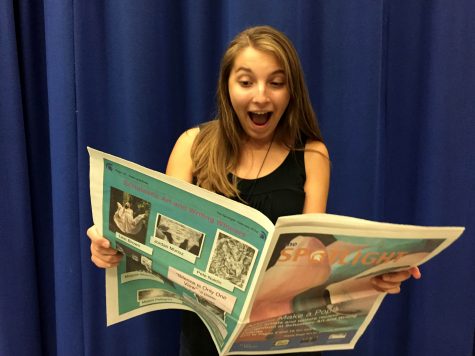
Throughout her four years at Southern Lehigh High School, Talia Trackim has surely established herself as the girl who does it all. She joined the Spotlight...


